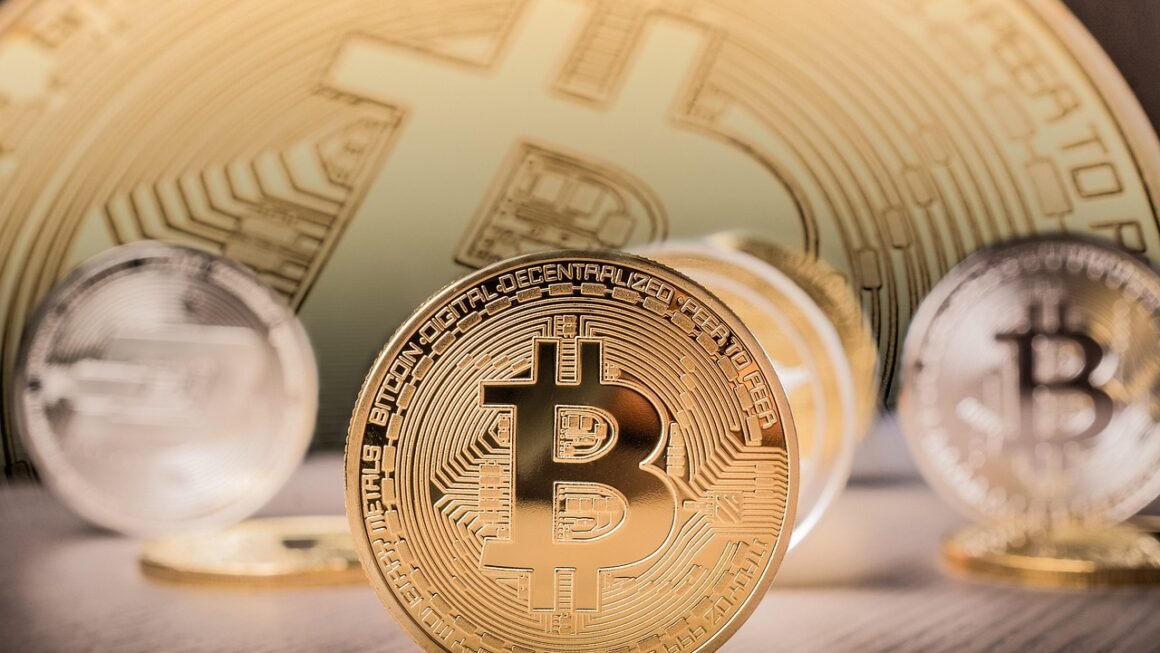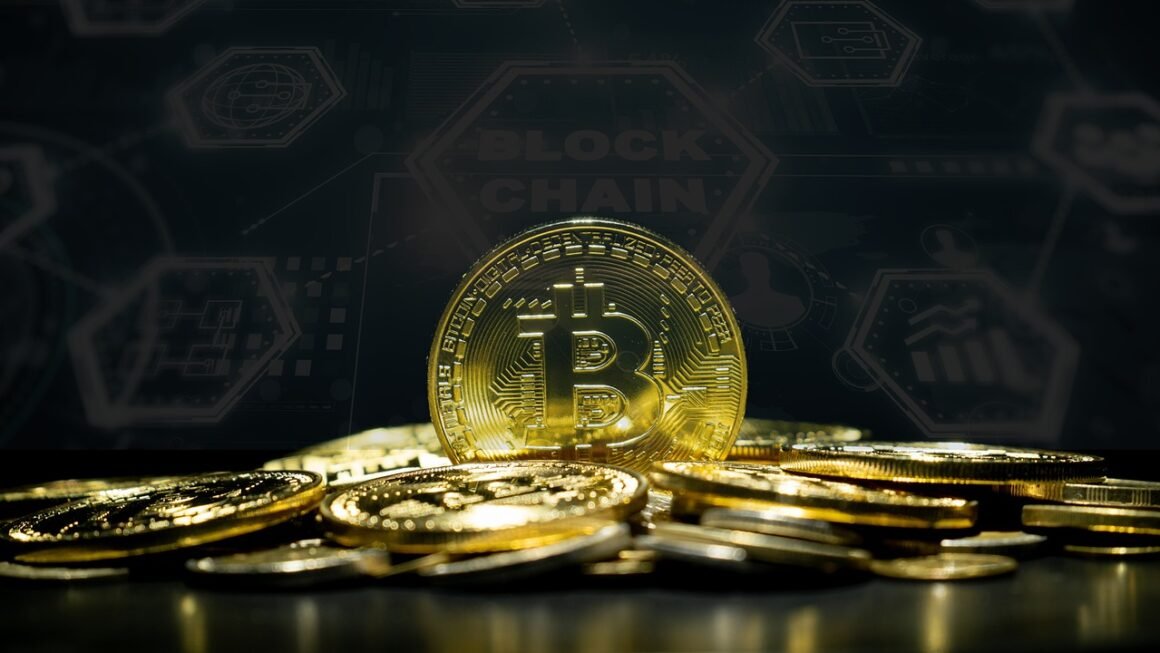Tokenization. It’s a word often thrown around in the worlds of blockchain, data science, and cybersecurity, but what exactly is it? More importantly, why should you care? This post breaks down the concept of tokenization, exploring its various applications, benefits, and potential pitfalls. Prepare to dive deep into the world of turning real-world assets and sensitive data into secure, manageable tokens.
What is Tokenization?
Tokenization, at its core, is the process of replacing sensitive data with non-sensitive, equivalent values called “tokens.” These tokens can then be used in various systems and processes without exposing the original, sensitive information. Think of it like using a poker chip instead of real cash. The chip represents the value, but if stolen, reveals nothing about the actual cash it represents. In essence, tokenization devalues the data in the event of a breach, as the token itself is useless without the proper decryption key or vault.
Tokenization vs. Encryption: A Key Difference
Often, tokenization is confused with encryption. While both techniques aim to protect data, they operate differently. Encryption uses an algorithm to transform data into an unreadable format, which can be decrypted back to its original form using a key. Tokenization, on the other hand, replaces the sensitive data entirely with a meaningless token.
- Encryption: Reversible transformation of data.
- Tokenization: Irreversible replacement of data.
The key difference lies in the reversibility. Encrypted data can be decrypted back to its original form if the key is compromised. With tokenization, even if a token is exposed, it reveals nothing about the underlying sensitive data.
How Tokenization Works: A Step-by-Step Overview
The tokenization process generally involves these steps:
Applications of Tokenization Across Industries
Tokenization is not limited to a single industry; its applications are diverse and expanding. Here are some key examples:
Financial Services
Tokenization is widely used in the financial industry to protect sensitive payment information.
- Payment Card Industry (PCI) Compliance: Tokenizing credit card numbers helps merchants comply with PCI DSS standards, reducing the risk of data breaches and associated penalties.
- Secure Transactions: Tokenization protects cardholder data during online and offline transactions, preventing fraud and identity theft.
- Loyalty Programs: Tokenized customer IDs can be used to track loyalty points and offer personalized rewards without exposing personal information.
Healthcare
Protecting patient data is paramount in healthcare, and tokenization plays a crucial role.
- Electronic Health Records (EHRs): Tokenizing patient identifiers and medical data protects patient privacy while enabling secure data sharing and analysis.
- Research & Development: Tokenization allows researchers to access and analyze patient data for clinical trials and studies without compromising confidentiality.
- HIPAA Compliance: Tokenization can help healthcare organizations meet the stringent requirements of the Health Insurance Portability and Accountability Act (HIPAA).
Real Estate
Tokenization is also revolutionizing the real estate industry.
- Fractional Ownership: Tokenizing real estate assets allows for fractional ownership, making it accessible to a wider range of investors.
- Increased Liquidity: Tokenized real estate can be traded more easily than traditional real estate, increasing liquidity and reducing transaction costs.
- Transparent Transactions: Blockchain-based tokenization provides a transparent and secure record of real estate transactions.
Benefits of Implementing Tokenization
Implementing tokenization offers numerous benefits, making it an attractive solution for organizations seeking to enhance data security and compliance.
- Enhanced Security: Reduces the risk of data breaches and fraud by replacing sensitive data with non-sensitive tokens.
- Reduced Compliance Burden: Simplifies compliance with regulations such as PCI DSS, HIPAA, and GDPR by minimizing the amount of sensitive data that needs to be protected.
- Improved Operational Efficiency: Streamlines business processes by enabling secure data sharing and analysis without exposing sensitive information.
- Increased Customer Trust: Demonstrates a commitment to data security and privacy, fostering customer trust and loyalty.
- Cost Savings: Reduces the costs associated with data breaches, compliance audits, and security infrastructure.
According to a report by Ponemon Institute, the average cost of a data breach in 2023 was $4.45 million. Implementing tokenization can significantly mitigate these costs by reducing the likelihood of a successful breach.
Challenges and Considerations
While tokenization offers numerous benefits, it’s important to be aware of the challenges and considerations involved in its implementation.
Security of the Token Vault
The security of the token vault is paramount. If the vault is compromised, the tokens could be linked back to the original sensitive data.
- Implement robust security measures, including encryption, access controls, and regular security audits.
- Choose a reputable tokenization provider with a proven track record of security.
Token Management
Managing tokens effectively is crucial to ensure data integrity and consistency.
- Establish clear policies and procedures for token generation, storage, and usage.
- Implement a token management system to track and manage tokens throughout their lifecycle.
Integration Complexity
Integrating tokenization into existing systems can be complex and time-consuming.
- Plan the integration carefully, considering the impact on existing systems and processes.
- Work with experienced integration partners to ensure a smooth and successful implementation.
Regulatory Compliance
Ensure that the tokenization solution complies with all applicable regulations and industry standards.
- Consult with legal and compliance experts to ensure compliance with PCI DSS, HIPAA, GDPR, and other relevant regulations.
- Regularly review and update the tokenization solution to stay current with changing regulations.
Conclusion
Tokenization is a powerful tool for protecting sensitive data and enhancing security in a variety of industries. By replacing sensitive data with non-sensitive tokens, organizations can reduce the risk of data breaches, simplify compliance, and improve operational efficiency. While there are challenges associated with its implementation, the benefits of tokenization far outweigh the risks. As data security becomes increasingly critical, tokenization will continue to play a vital role in protecting sensitive information and building trust with customers.



